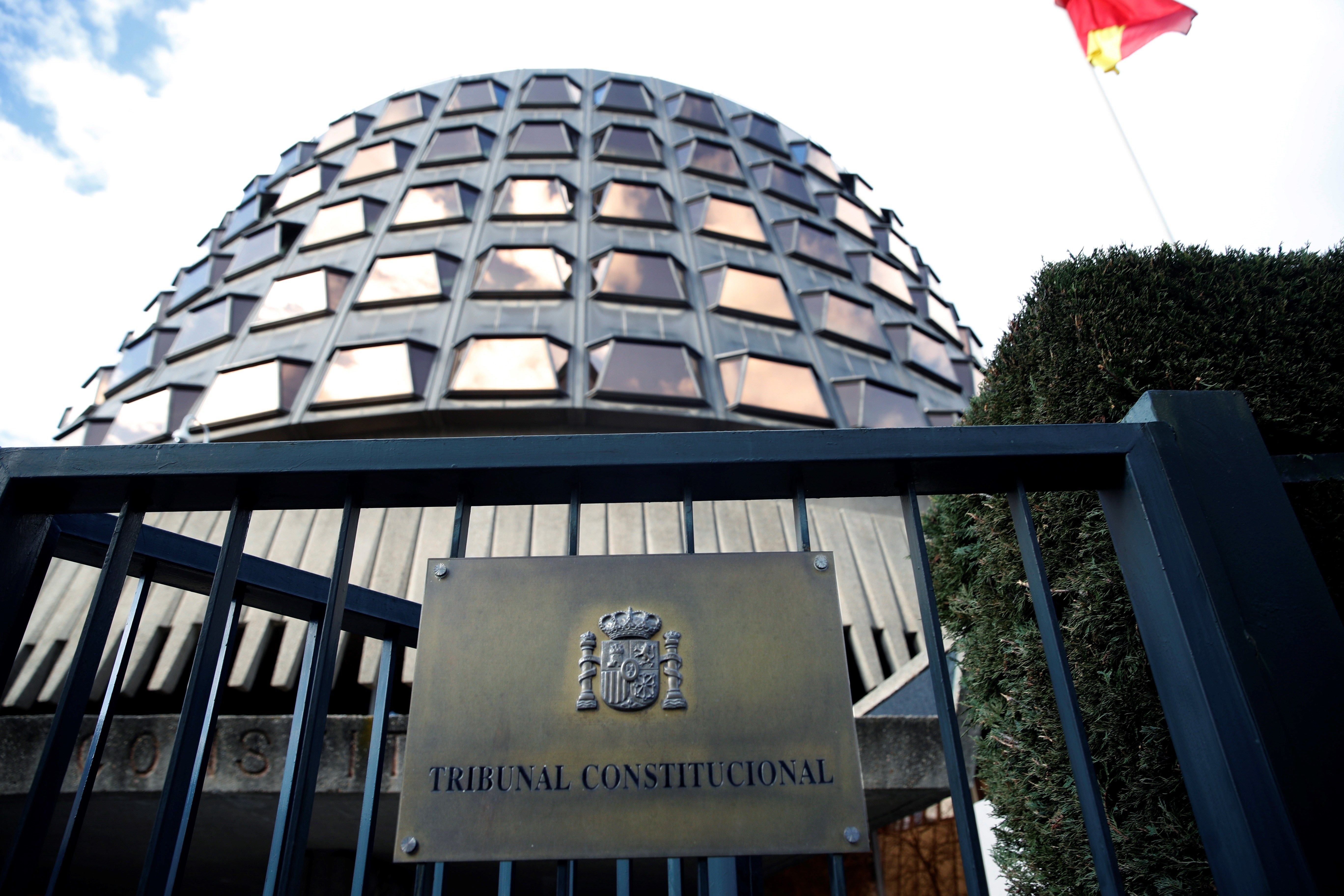A new episode in the Spanish judiciary's reality show. On Friday, a full session of the Constitutional Court decided that it would hear the appeals of unconstitutionality lodged by the main right-wing opposition PP party and the far-right Vox against a reform of the legal regime governing the country's crisis-ridden judicial hierarchy. The entire membership of the judiciary's governing body, the General Council of the Judiciary (CGPJ), has been functioning on an "acting" basis since the judges' appointments expired almost three years ago and no way has been found to proceed with the renewal of the members, which in turn depends on the main political parties, the PP and the governing Socialists (PSOE).
In the face of this ongoing deadlock, Spain's PSOE-Podemos government decided to push for a reform through parliament. The initiative sought to limit the functions of the Council when working on an acting basis, especially with regard to the selection of judges to other judicial posts, which has continued as normal despite the expired term with dozens of appointments being made. The amended law "limits the decisions taken by an outgoing CGPJ with members who exceed their constitutional term of office" and prevents them from proposing appointments at the highest levels: in the case of the Constitutional Court, new judges; in the case of the Supreme Court, new judges plus presiding judges at the levels of each chamber and the overall court president; and as well, court presidents for the provincial Audiences, the regional High Courts, and the National Audience. The legislative amendment was fast-tracked, reducing time periods involved using the urgency provisions which exist in the rules of the Spanish Congress.
The PP and Vox quickly lodged appeals before the Constitutional Court, alleging that the changes could violate Articles 9.3, 23, 122, 165, 167 and 169 of the Spanish Constitution due to defects of form in its parliamentary processing, but also allegedly for violating the principle of judicial independence and arguing that changes in regulation of the CGPJ should be the preserve of the Constitution itself (the Spanish Constitution has only been amended twice in its 42 year history, on both occasions to accommodate EU-dicatated measures).
With its decision today, the full session of the Constitutional Court has admitted the appeals for subsequent consideration and has forwarded the documentation of the submission to the two houses of the Spanish parliament, Congress and the Senate, as well as to the Spanish government, so that they can appear in the process and respond as they see fit.
Judicial associations take a joint stand
And all this, in response to a measure that will limit the judicial body's powers while the blockade continues, rather than breaking the blockade itself. This week there has been a new movement by the judges in the face of the political deadlock on the renewal of the General Council of the Judiciary, which is coming up to its third anniversary - that is, three years since the term of the current Council expired, with the PSOE and PP unable to reach an agreement on composition of a new Council which has to happen in order to obtain the required 60% support in the Congress and Senate.
In this context, in an unprecedented step, the four main associations of judges - three of them conservatives and one progressive - have taken a combined stand. The Professional Association of the Judiciary, the Judicial Association Francisco de Vitoria, Judges for Democracy and the Forum Independent Judicial have jointly denounced the "partisan" stands being taken in the dispute and argue for a reform of the election system enabling judges to choose the Council members themselves.

